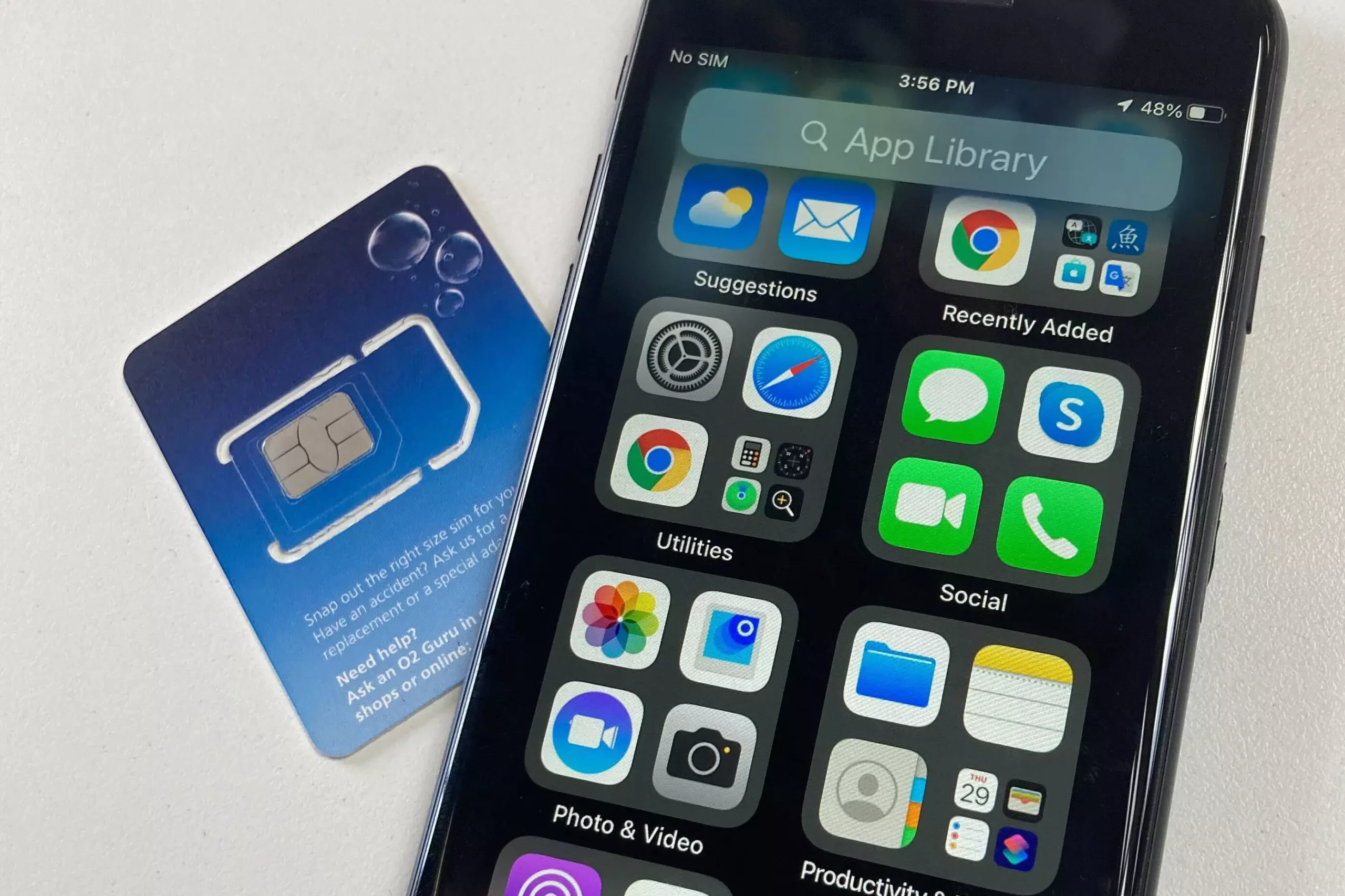SIM-swapping is a form of identity theft that has been on the rise in recent years. It goes beyond simply hacking into an email or social media account, as the thieves actually take over your phone number. This means that any calls or texts intended for you will go to the attackers instead. These criminals often use personal information obtained through data breaches, leaks, dark web purchases, or phishing scams to impersonate their victims and contact mobile carriers to request a new SIM card for the victim’s phone number. As a result, the thieves gain access to text messages and calls to verify accounts, putting financial and personal information at risk.
The Alarming Statistics
According to the FBI Internet Crime Complaint Center, SIM-swapping complaints have increased by over 400% from 2018 to 2021, with associated personal losses totaling over $68 million. However, these numbers are likely underreported, as many identity theft cases go unnoticed or unreported. Experts warn that these scams will continue to grow in frequency and sophistication, making it crucial for consumers to take preventive measures to protect themselves.
Preventive Measures
Cybersecurity experts emphasize that prevention is the best form of protection against SIM-swapping attacks. By following some simple security practices, individuals can significantly reduce their risk of falling victim to identity theft. Here are some recommendations:
Use Unique and Strong Passwords
It is crucial to use unique and strong passwords for each online account. If hackers obtain your login credentials from a data breach, they can use them to access other services and gather the information they need to execute a SIM swap. Consider using a password manager to securely store and manage complex passwords. Additionally, use passwords that are at least 16 characters long and include a mix of letters, numbers, and symbols for enhanced security.
Enable Biometrics and Multifactor Authentication
Biometrics and multifactor authentication methods that do not rely on text messages provide an extra layer of security against SIM-swapping. These methods use separate login credentials and encryption, making it more challenging for criminals to gain access to your accounts. Avoid relying solely on text-based verification for account access.
Set Up Additional Security Measures with Your Carrier
Contact your mobile carrier to set up a unique passcode that will prevent unauthorized changes to your account, such as porting your phone number to another carrier. Many carriers offer additional protections against SIM-swapping, so it is advisable to inquire about any available security features.
Be Cautious of Phishing Attempts
Criminals often use phishing emails or text messages to trick individuals into disclosing personal or financial information. Be wary of unsolicited messages and never provide sensitive information in response to such requests. If you suspect a phishing attempt, report it to the appropriate authorities and follow the guidance provided by your company’s information security team.
Action in Case of a SIM-Swapping Attack
In the unfortunate event that you fall victim to a SIM-swapping attack, take immediate action to mitigate the damage. Contact your mobile carrier to report the fraud and work with them to resolve the issue. Additionally, file complaints with relevant authorities such as the Federal Trade Commission, Internet Crime Complaint Center, or state attorneys general to expedite recovery efforts. Notify your bank or credit card company if payment information was compromised and monitor your accounts closely for any suspicious activity. Consider notifying credit agencies to alert them of potential fraud and protect your credit history.
SIM-swapping identity theft poses a serious threat to consumers, and it is essential to take proactive measures to safeguard personal and financial information. By following the recommended security practices, individuals can reduce the risk of falling victim to these increasingly prevalent scams. Stay vigilant, stay informed, and take action to protect yourself from the dangers of SIM-swapping.


Leave a Reply